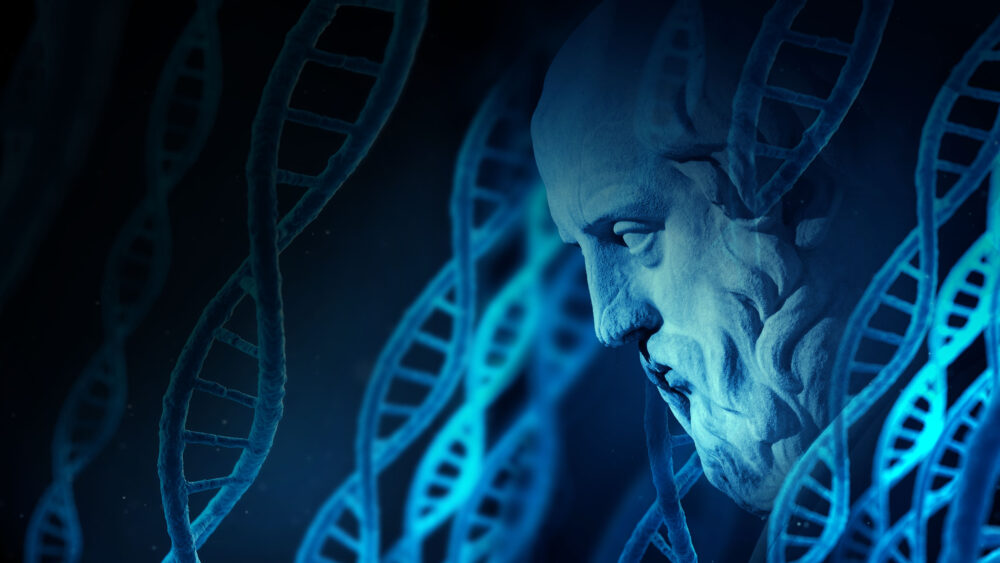


More Than a Thumb: Integrated Design in the Giant Panda

Evolved or Engineered? A Geneticist Evaluates the Panda’s Thumb
In 1980, influential paleontologist and evolutionary biologist Stephen Jay Gould wrote that “we can know that evolution has happened by the imperfections and oddities that life shows.” But is that true? And what if we take a closer look at those assumed evolutionary oddities and see instead evidence of engineered elegance? On this ID The Future, host Andrew McDiarmid welcomes retired geneticist Dr. Wolf-Ekkehard Lönnig to the podcast to discuss his new paper reviewing the debate over the panda’s thumb. Giant pandas have an elongated wrist bone, the radial sesamoid, that allows them to handle and eat bamboo with great dexterity. Some claim it’s an imperfectly and inefficiently formed structure that is clear evidence of evolutionary processes at work. Others Read More ›

Plato’s Revenge: An Interview with David Klinghoffer

Two Nature Articles Call for Rethink in Biology

Is Evolution Taught Fairly in Textbooks? A High School Senior Investigates

How Faith Can Improve Rigor and Creativity in Scientific Research

David Galloway: The Fetal Circulatory System is Irreducibly Complex
On today’s ID the Future, distinguished British physician and author David Galloway explains why he’s convinced that the human fetal circulatory system is irreducibly complex and therefore beyond the reach of blind gradualistic evolution to have built. In his conversation with host and fellow physician Geoffrey Simmons, Galloway also mentions some molecular machines that he’s convinced are irreducibly complex and shout intelligent design. The occasion for the conversation is Galloway’s new book, Design Dissected.

Casey Luskin Returns, Teases a New Book, Celebrates ID 3.0
On today’s ID the Future, Rob Crowther continues his conversation with Casey Luskin, the intelligent design proponent who previously worked for Discovery Institute’s Center for Science and Culture and has now returned. As Luskin explains, he left to pursue a PhD in geology at the University of Johannesburg in South Africa. The two discuss the wild conspiracy theories circulated by opponents of intelligent design when Luskin stepped away from Discovery Institute five years ago. Luskin also tells about an upcoming book he’s been working on with William Dembski, another intelligent design proponent who stepped away from day-to-day ID work and is now putting a foot back in the ID waters. Also on tap in today’s conversation, Luskin and Dembski’s upcoming appearance Read More ›

No, Scientists Should Not Rule
On this new episode of ID the Future, The Price of Panic co-author and philosopher Jay Richards hosts bioethicist Wesley J. Smith to discuss a Tweet from Physics-Astronomy.org. The Tweet read, “Imagine a world ruled by scientists, not politicians.” The drift of the Tweet was, wouldn’t rule by scientists be wonderful! Smith immediately threw up a great big “Don’t go there” sign at the Epoch Times. As Smith and Richards emphasize, such an approach to governance would be disastrous, and would actually be anti-science. It would tend to corrupt the practice of science, thrust scientific specialists into positions calling for generalist skills, and further the arrogant mistake that is scientism—the view not only that nature is all there is, but Read More ›